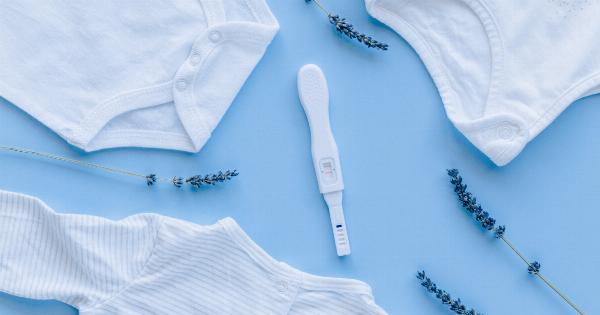If you and your partner have been struggling with infertility and IVF (in vitro fertilization) has been recommended as a treatment option, you may find that donor eggs are a viable solution.
In this guide, we’ll break down the basics of donor eggs and explore the different IVF options available to you.
What are donor eggs?
Donor eggs are eggs that come from a donor who has agreed to donate her eggs to another woman who is struggling with infertility.
Donor eggs are often used in cases where the woman’s own eggs are unable to be fertilized or the quality of the eggs is poor. Using donor eggs allows for the possibility of successful fertilization and embryo development, ultimately leading to a successful pregnancy.
Who can use donor eggs?
Donor eggs can be used by women who are unable to conceive on their own due to various medical or fertility-related issues.
These issues may include premature ovarian failure, decreased ovarian reserve, poor egg quality, or a genetic condition that may be passed down to offspring. Additionally, same-sex male couples or single men who wish to have a biological child may also opt for donor eggs and use a gestational surrogate.
The process of using donor eggs
The process of using donor eggs involves several steps. Firstly, the recipient will choose a donor.
The donor will undergo an extensive screening process to ensure that she is healthy, free of any communicable diseases, and has a good mental and physical health history.
Next, the recipient’s menstrual cycle will be synchronized with the donor’s cycle, using hormone injections. Once the timing is right, the donor will undergo the retrieval process, where her eggs will be removed through a minor surgical procedure.
The eggs will then be fertilized with the recipient’s partner’s sperm in a laboratory. After successfully fertilizing and developing the embryos, they are transferred into the recipient’s uterus using a catheter.
Fresh vs. frozen donor eggs
When it comes to donor eggs, there are two options: fresh or frozen. Fresh donor eggs are used immediately after retrieval. The fertilized embryos are transferred into the recipient’s uterus within a few days of retrieval.
Frozen donor eggs, on the other hand, are frozen and stored until the recipient is ready to use them. Once the recipient’s menstrual cycle is synced up with the donor’s cycle, the frozen eggs are thawed and prepared for fertilization and implantation.
Benefits of using donor eggs
Using donor eggs can offer a host of benefits, including higher success rates than using the recipient’s own eggs. As women age, their egg quality naturally declines, which can lead to a lower chance of successful fertilization and pregnancy.
By using donor eggs from younger and healthier donors, the chances of success are significantly increased.
Additionally, donor eggs allow those who may have been unable to conceive otherwise to become pregnant and create a family.
Same-sex male couples and single men are also able to use donor eggs to have a biological child, granting them the opportunity to experience parenthood like any other couple.
Risks associated with using donor eggs
While using donor eggs comes with many benefits, there are also risks to consider. One such risk is the cost associated with the process. Using donor eggs can be expensive, particularly when opting for fresh rather than frozen eggs.
Additionally, there is no guarantee of success, which may result in multiple attempts and increased cost.
There are also ethical concerns that some may have with using donor eggs.
These may include questions of identity, the impact on the child’s emotional well-being, and the potential for “designer babies” created through genetic selection of donors.
Other IVF options
If using donor eggs is not the right option for you, there are still other IVF options available to consider. One such option is using a surrogate, in which a gestational carrier carries an embryo to term for the intended parents.
This is often an option for couples or individuals who are unable to carry a pregnancy to term or have a medical condition that prohibits pregnancy.
Another option is preimplantation genetic testing (PGT), which involves testing embryos for genetic abnormalities before implantation.
This may help prevent genetic diseases from being passed down to offspring and increase the chances of a successful pregnancy.
Conclusion
Donor eggs can be a viable option for couples and individuals who are struggling with infertility, and there are several IVF options available to consider.
While there are risks and ethical concerns to consider, the benefits may outweigh these factors for those who wish to become parents. Ultimately, it is important to consult with a medical professional to discuss your options and determine the best course of action for your unique situation.





























